By Caala Ibsa Oromo
1 January 2018
The current political situation in Ethiopia and statements issued by government officials and ruling party leaders are bewildering. Witnessing the widespread anti-government protests and the emboldened posture of the Oromo youth (Qeerroo) movement, many observers believe that the downfall of the Ethiopian Peoples’ Revolutionary Democratic Front (EPRDF) government, dominated by the Tigrayan People Liberation Front (TPLF), is imminent. Although the timing and the nature of the actual collapse of this regime is still uncertain, the balance of power has been shifting significantly over the last three years. It is now abundantly clear that the protesters have gained the momentum and the ruling party is hanging on a tight rope.
Anybody who saw the TPLF-dominated regime brutally attacking peaceful protesters in Oromia and other regions in 2015-16 would have felt how helpless the youth were, and would have concluded the protesters have no chance of success against the state that uses, without any restraint, overwhelming tools of violence at its disposal to suppress any dissent. Then, the protesters seemed naïve idealists who confronted armed security forces with slogans and empty hands. To their credit, in the face of life-threatening, imminent danger, the youth marched in the streets with courage, and challenged the repressive regime peacefully. Unfortunately, thousands were wounded, many fatally, and hundreds died instantly. On October 2, 2016, hundreds more were murdered by armed government forces at the annual Irreecha festival. A week later, on October 9, the government imposed a state of emergency that lasted for ten months. As usual, when the state of emergency was declared, government leaders hoped to stifle the protests, regain control of the situation and continue with the repressive state machinery. The state of emergency led to mass arrests, including thousands of protesters and opposition political leaders. Many prisoners, including leaders of the Oromo Federalist Congress (OFC)—Bekele Gerba and Dr. Merera Gudina—are still suffering jail.
So far, the TPLF/EPRDF promises of deep reform have produced nothing. The job creation promises did not materialize and the anti-corruption campaign has caught only a few middle-level offenders while suspected top-level corrupt officials continue to enjoy their freedom and ill-gained wealth. Massive human rights abuses, corruption, and lack of democracy continue unabated. Although the EPRDF regime is falling apart daily, the TPLF architects of the repressive system still believe that they can hold onto power using the army, which they also dominate at the top leadership level. Huge material wealth amassed by corrupt officials over the last twenty-six years are still protected by this government. In this case, TPLF leaders are doing what all dictators usually do in time of crisis—self-deception, intimidation, arrests, tortures, false accusations and imprisonment of protesters and opposition political leaders.
For this reason, after the end of the state of emergency in August 2017, the federal ‘Command Post’, an occupying military structure, remains in place to suppress any protests throughout Oromia and other regions. As of November 10, the ‘Command Post’ policy is extended by a resolution of the National Security Council. In the meantime, the same EPRDF regime also funds and trains the Somali Liyu Police (special militia) who are causing havoc and displacing citizens in the southeast. Ironically, the EPRDF government is implicated in ethnic conflicts throughout the country. Observers claim that the regime is behind the inter-ethnic conflicts to divert attention from itself. Obviously, this tactic has backfired on the TPLF. Instead of helping them to consolidate their power by dividing and conquering citizens, the ethnic conflicts have gone out of the government’s control.
To avert the crises, which the repressive policies of the EPRDF have exacerbated, TPLF leaders have deployed some other tools that helped them to come to power and retain it during the last twenty-six years. These tools include periodic assessment (gimgema) of their policies and party members, and continued use of the ‘principles of revolutionary democracy’ and ‘democratic centralism’. These practices have helped them to enforce internal discipline and terrorize opponents. Periodic assessments are used to weed out ineffective or uncooperating party members. Democratic centralism is a tool to reinforce internal party discipline and mobilize their forces against all opponents. Revolutionary democracy is used to identify and weaken enemies of the regime. These tools have been widely used to maintain TPLF- domination of the political system. Currently, the same tools are deployed vigorously. Over the last two months, for example, the TPLF and EPRDF executive committees have met to shore up the crumbling system of state control. At the end of the process, they hope to regain full control of power which is slipping out of their hands daily. However, if all these attempts failed, some observers believe that the TPLF may allow its generals to stage a coup d’etat, suspend the constitution (which is not working anyway), and protect their power and illegally earned assets.
But the usual machinations of the TPLF—the gimgema, revolutionary democracy, democratic centralism—, promises of ‘deep reform’, or a dramatic act of military coup may not save the regime this time around. First, it is already clear from the conclusion of the TPLF central committee meeting which lasted for 35 days and the just concluded executive committee meeting of the EPRDF that the self-assessment of the party did not produce any results. Despite the ongoing rumors about the internal dissentions between the EPRDF coalition partners (TPLF vs. ANDM and OPDO), the experienced party elders have apparently patched up the differences to keep the coalition together. As a result of behind the scene negotiations, mediated by senior party leaders, it is now revealed that Abba Duula Gemeda has rescinded his resignation. The EPRDF executive committee meeting has also ended without making any significant changes in its governance policies. Early signs indicate that coalition members of the EPRDF have resolved to curtail civil liberties and continue the crackdown on protesters. After purging some leaders and announcing a few inconsequential reforms, they may try to implement their decisions through the tradition of democratic centralism. In the short term, this may appear as a success for the TPLF/EPRDF government. In the long run, however, it is a blunder and a catastrophic decision by the ruling party. Its decision to continue a dangerous undemocratic course will ultimately lead the country into unrepairable damages and harm its peoples. By failing to reform now, the TPLF/EPRDF leaders are obviously opting out for complete disaster and total elimination later by mass uprising.
Second, so far, TPLF leaders have relied on coercion and violence to stay in power. But some of these old tools are worn out. For example, the deployment of revolutionary democracy has run its full course to be effective tool of coercion anymore. TPLF leadership is now weaker than any time since it came to power more than twenty-five years ago. Particularly, since the death of the late Prime Minister, Meles Zenawi, the ideologue and chief architect of the EPRDF regime, the TPLF has lost momentum and its sense of direction. The aging old guards are increasingly getting out of touch with the reality. Others are busy making money, getting rich quick. All are worried more about their safety and how to protect their ill-gained assets. The younger officers do not seem to have the experience and the capacity to hold the fragile state together.
Finally, if the EPRDF failed to hold together and the mass protests continued, the TPLF generals may attempt a military coup. But a successful military takeover is unlikely to succeed for several reasons. (1) After the defeat of the Derg and the dissolution of the Ethiopian national army in 1991, there has not been a coherent national force with distinct professional identity and reliable allegiance to the Ethiopian state. (2) At present, the army is fragmented internally and consist of units which are divided along ethnic lines. Tensions already exist between the highly privileged Tigrayan generals who enjoy access to power and material resources, and the non-Tigrayan rank-and-file soldiers who come from diverse ethnic backgrounds and lack access to any benefits. (3) The top-level Tigrayan generals are believed to be very corrupt. They are suspected of engaging in mass misappropriations of defense funds, fraudulent military contracts, and in smuggling and illicit trade. The corrupt active duty generals are supported by retired Tigrayan officers who are also deeply involved in corrupt businesses and politics. On the other hand, the rank-and-file soldiers who belong to the non-Tigrayan ethnic group are repressed and terrorized. They also belong to the population that experiences eviction from its lands by the TPLF-dominated regime. Thus, the Tigrayan generals do not command the respect and loyalty of the rank-and-file, and they will not be able to mobilize the middle-level officers to stage a successful coup. Instead, it is more likely that, as the political crisis deepens, the army may disintegrate and the soldiers may retreat to their ethnic bases or pursue their personal interests than clinging to the national army leadership.
Whatever tactics they may deploy, the days of the TPLF domination are numbered. The regime is almost paralyzed and its leaders are bound to lose it all—power and ill-gained wealth. As the recent leaked government document indicates, EPRDF officials are scared. To some extent, recrimination between the leaders has started. Despite their concerted effort to unify the ruling party, defection from the subordinate parties such as the OPDO will continue. Top OPDO leaders, who have indicated their willingness to support the protesters, will be tested by the Qeerroo movement. Sooner or later, they will be forced to clarify their position and on which side they will stay on. And whatever, the top OPDO leaders do, mass defection of lower rank or stronger sympathy and undercover support for the anti-government protests will intensify. This is a frightening scenario for the TPLF/EPRDF regime.
On the other hand, violent crackdown of peaceful demonstrators will not frighten the protesters. TPLF use of crude force has reached its limit. Protesters are no more afraid of their tactics of terror. The Qeerroo are now more emboldened by their two years long successes of mass mobilization. They are energized and feel they are on the right path to make history. Bare-handed youth protest participants are filled with a sense of justice. Through experience, they are also learning how to utilize the weaknesses of the regime to their advantage. Despite the heavy causalities, they have learned how to organize and mobilize under a repressive system. During the state of emergency, when the TPLF rounded up and put thousands of youth in detention camps for ideological orientation, the Oromo Qeerroo used the occasion as a temporary respite to expand their networks. The state of emergency helped them to recover from the heightened death and physical exhaustion. While attending the political orientations, they used the opportunity to discuss and strategize future protests. That is why the Qeerroo were able to organize successful protests throughout Oromia immediately after the end of the state of emergency and still continue to do so.
Overall, although the situation is still fluid, Oromo protesters have time and hope on their side, while the TPLF leaders and supporters face gloom and doom. But refusing to reform and negotiate for a soft landing, TPLF/EPRDF leaders are determined to face the storm and will likely disappear with it. But as the TPLF will continue to manipulate the system to stay in power, the protesters have the momentum to succeed against repression. While intensifying the struggle to topple the TPLF/EPRDF regime, the Qeerroo should, however, remain vigilant. They should guard themselves against agent-provocateurs and avoid TPLF provocations inviting them to take indiscriminate actions against anyone. They should need to be careful in their relationship with the OPDO leaders who may offer sweet promises but won’t deliver them in action. With conviction, good leadership and well calibrated actions, the Oromo mass movement will succeed.

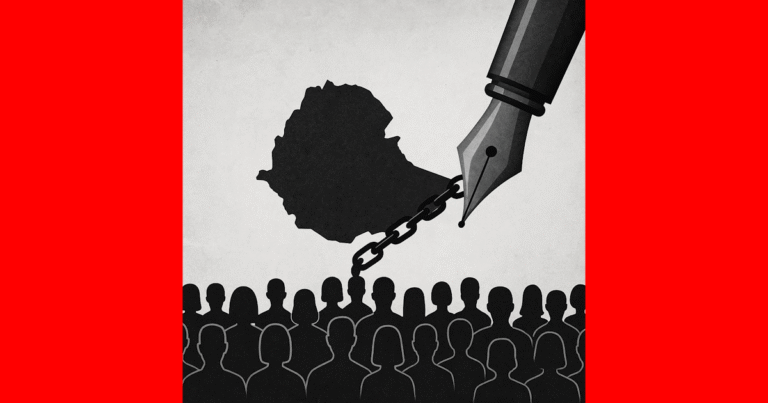
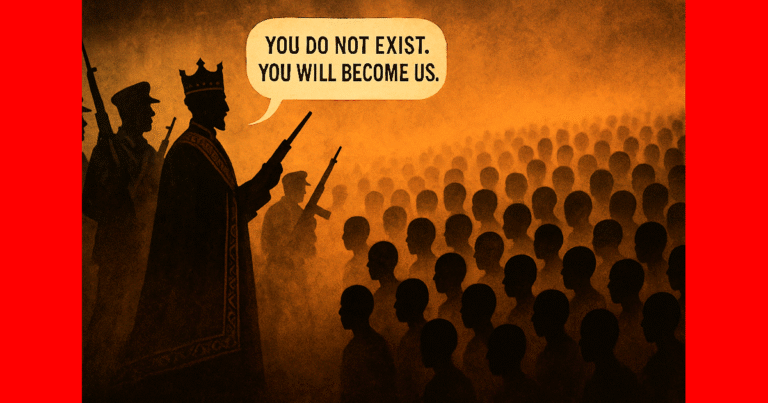
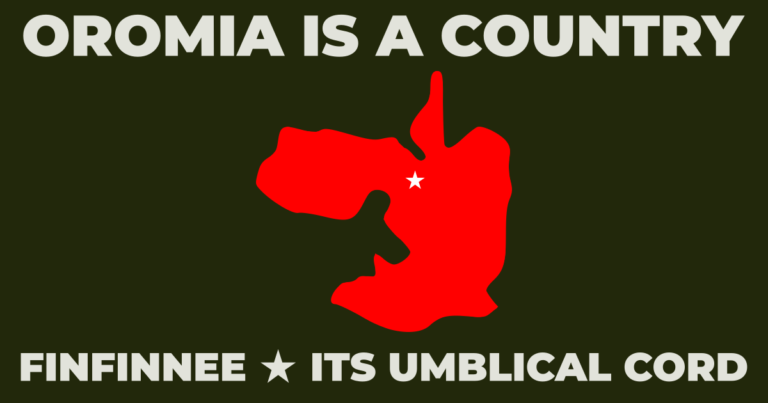
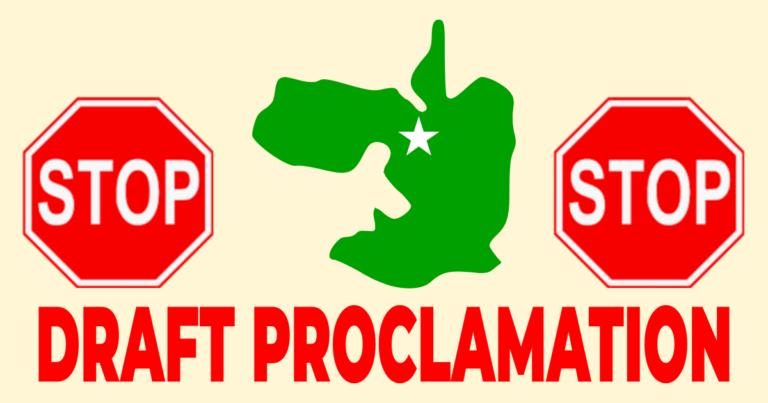
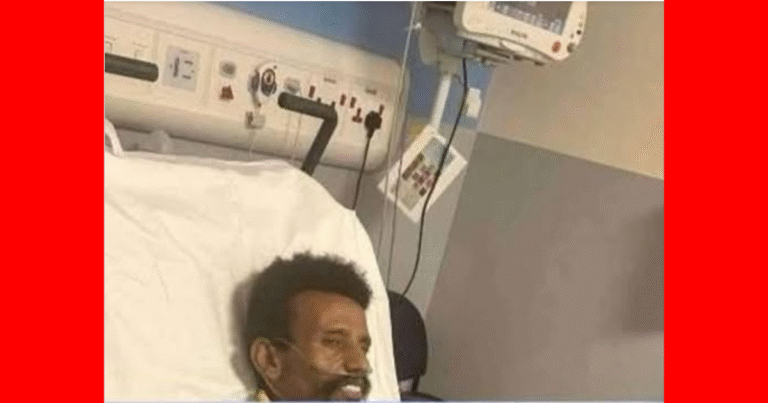
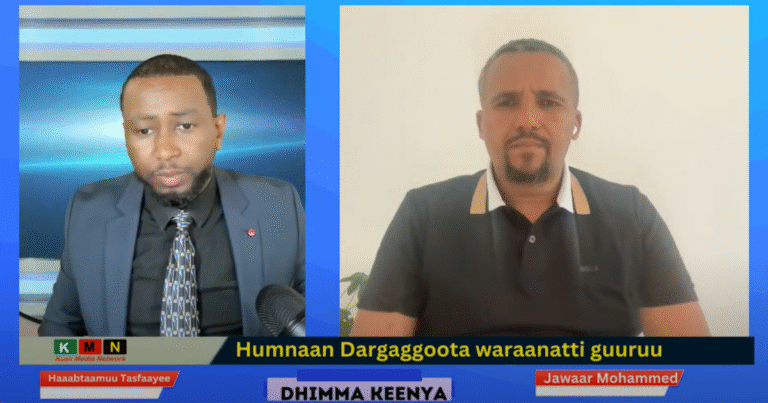
959433 751153My spouse and I stumbled more than here from a different site and thought I may possibly as properly check points out. I like what I see so now i�m following you. Appear forward to going more than your internet page repeatedly. 669807